After MUCH searching myself, I finally found a working solution in 'pip setup.py bdist_wheel' no longer builds forced non-pure wheels
Basically, if setup.py believes you have a binary distribution, it will create a wheel with the specific version of python, the ABI, and the current architecture. You can do that by overriding the 'has_ext_modules' function in the Distribution class. As suggested by https://stackoverflow.com/users/5316090/py-j:
from setuptools import setup
from setuptools.dist import Distribution
DISTNAME = "packagename"
DESCRIPTION = ""
MAINTAINER = ""
MAINTAINER_EMAIL = ""
URL = ""
LICENSE = ""
DOWNLOAD_URL = ""
VERSION = '1.2'
PYTHON_VERSION = (2, 7)
# Tested with wheel v0.29.0
class BinaryDistribution(Distribution):
"""Distribution which always forces a binary package with platform name"""
def has_ext_modules(foo):
return True
setup(name=DISTNAME,
description=DESCRIPTION,
maintainer=MAINTAINER,
maintainer_email=MAINTAINER_EMAIL,
url=URL,
license=LICENSE,
download_url=DOWNLOAD_URL,
version=VERSION,
packages=["packagename"],
# Include pre-compiled extension
package_data={"packagename": ["_precompiled_extension.pyd"]},
distclass=BinaryDistribution)
Then you run the setup.py file from whatever Python version/architecture you need, and it will create a platform-specific wheel for each.

